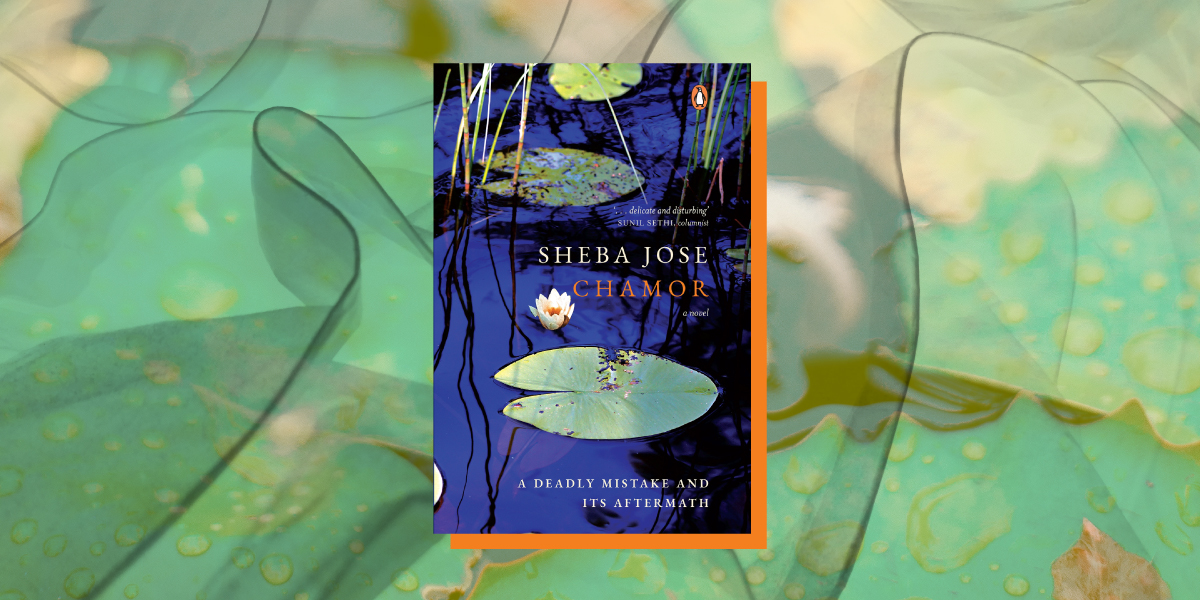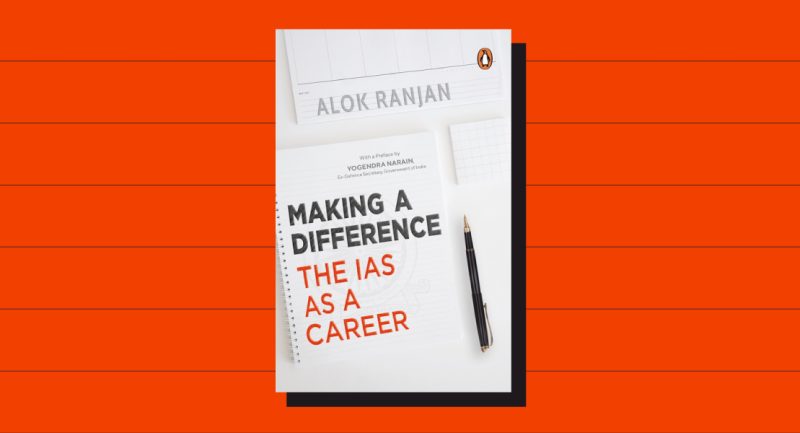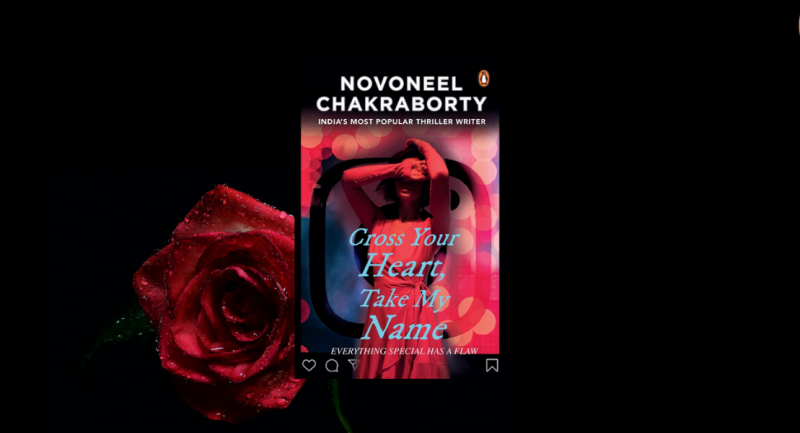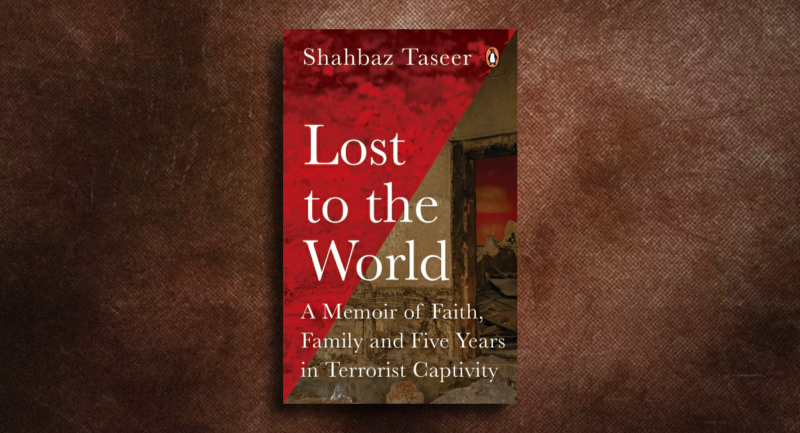

Do you crave nostalgia in this sultry weather? Chamor is our most heartfelt novel of 2021. This gritty novel, while offering the reader delightful glimpses of daily life in the two regions of southern India that form its setting, also brings them face to face with the less savoury and disturbing aspects of the human condition. The mostly lovable characters, who are at the mercy of a universe that does not discriminate between good and evil, cannot take anything for granted. Whether man, beast or bird, each must deal with their destiny according to their nature and instincts. Here’s an excerpt to give you a taste of this beautiful novel!
**
The car that my father drove was an old one—a grey Morris Minor. It looked weird to me, like a bug, but its colour reminded me of a certain grey, syrup-filled toffee that used to be a favourite of mine as well as of my school friends. The car had belonged to my father’s brother, who had arrived in it with a friend, but when they tried to drive it back to Kerala it would not go. Uncle did not care to have it returned to him, and between the mechanic, Raju, and my father, they managed to keep it running, though it could not be taken for long trips. As dinnertime approached, my mother would still be busy with her books, and Jency could be seen bustling about, clinking utensils in the kitchen as she hurried to finish making the last dish. With both of them wanting me out of the way, I would go looking for my father and find him lying on his wheeled plank under ‘the Morris’, as he called it, tinkering with its wires and nuts and bolts. The sound of wrenches and spanners being put aside is, in my memory, associated with the urgent cawing of crows and the plaintive cry of the cuckoo as late afternoon merged into the evening. Clouds of sparrows kept swooping in and bursting out of the thorny acacia shrubs that were their home, and a flock of tiny silverbills, with their distinctive, black-tipped tails that looked like wet paintbrushes to me, sat in a long row on an overhead cable, waiting for the right moment to dive together into their home, which too made for a pretty thorny dig—a jujube tree. A stout, old date palm inside the park thronged with colourful bee-eaters, the two needle-like feathers sticking straight out of their tails making them recognizable in flight, while species of parrots and other birds fought angrily for holes and hollows on the cycads and coral trees. Sadly, at this time, inside the houses, too, feelings ran high as students suffered corporal punishment over mere homework. I would have a brush with this medley of sights and sounds as I hung about my father, kicking my heels. Sometimes, I would lie beside him under the car, shining a torchlight up at its brown, metal underbody. After the job was done, I would be rewarded for my help with a ride around the block, at the end of which we stopped at Mr Nair’s thatched establishment. While my father waited at the wheel, I took the rupee note that he gave me and went inside the lantern-lit shop, which was reputed for its quality goods and hygienic tea stall. Jency and I were regulars there as it was the only shop near us that
sold our breakfast staple of Nendran bananas. As I entered, I found that there were no other customers, and Mr Nair and his wife were busy arranging the stock. Bhavani Auntie cast a glance outside, concerned that I had come alone until she saw my father, and fished out from her mixed candy jar the two specific ones I wanted—the round orange-flavoured coconut bonbon for Jency and the aforementioned grey confection for myself. As per the slip that I had handed in, Auntie gave me a slab of wax paper-wrapped burfi, which was for my mother, and some change. This indulgence was a rare thing, as my father was strictly against ‘putting rubbish in the mouth’.
**
Poignant and perceptive, Chamor will haunt you for a long time. Get your copy and explore vulnerability and honestly like never before!









